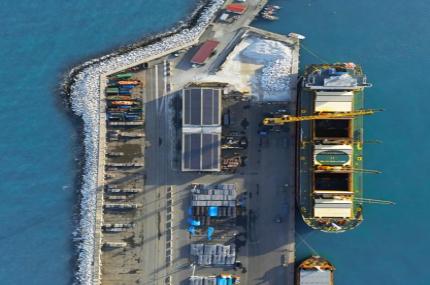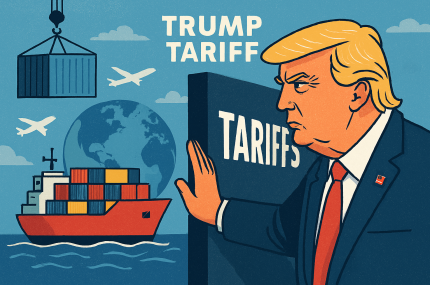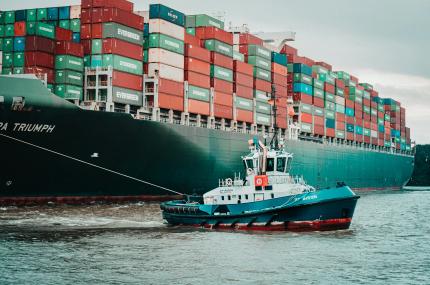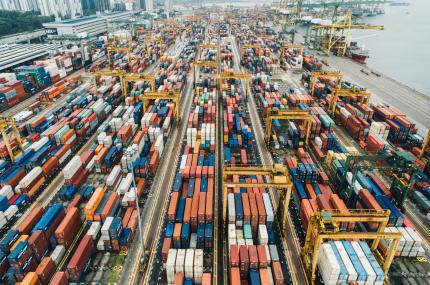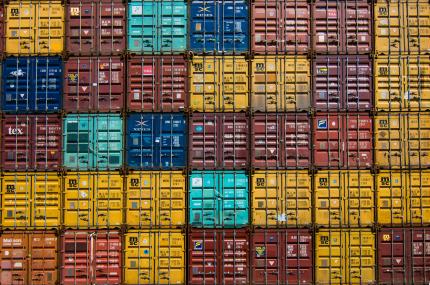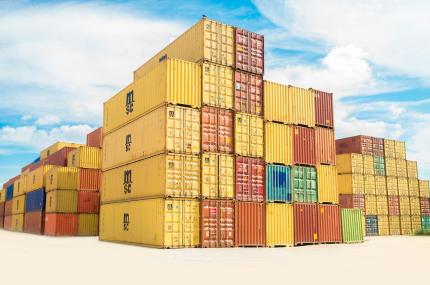Blog Detail
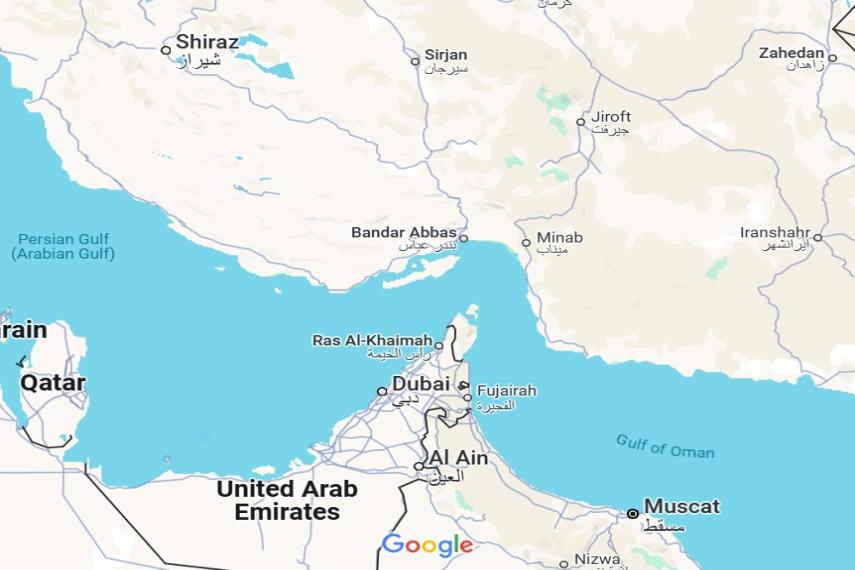
The Strait of Hormuz is more than an Oil Route: A Blockage would disrupt container and dry bulk trade too
The Strait of Hormuz is often viewed through the lens of oil trade—but its importance extends far beyond energy. Any disruption or closure would have significant ripple effects on global container and dry bulk shipping.
The ongoing conflict between Iran and Israel poses a serious threat to maritime stability in the region. Each day, approximately 21 million barrels of crude oil, condensates, and refined products—valued at an estimated $1.7 billion—pass through the Strait. This accounts for roughly 20–21% of global petroleum consumption. China alone imports about 45–50% of its oil through this route. The strait is also a major route for liquefied natural gas (LNG), with about 56 billion cubic meters exported annually.
While oil remains the most visible commodity moving through the Strait, the route is equally critical for containerised cargo. Jebel Ali Port in Dubai, the world’s 11th-largest container port, handles over 14 million TEUs annually. As a key transshipment hub, Jebel Ali is a major stop for global container lines. If the Strait were to close, many of these carriers would be forced to bypass Jebel Ali and other Gulf ports—causing widespread disruption to container logistics.
The initial impact would likely be a drop in container schedule reliability. With a major transshipment hub cut off, container lines would struggle to adjust already fragile schedules. A second consequence would be a shortage—or at least limited availability—of empty containers, echoing one of the key bottlenecks seen during the COVID-19 pandemic. Third, freight rates would likely rise, though the extent would depend on prevailing market dynamics. Given current supply and demand levels, a price spike of COVID-era magnitude appears unlikely—but some upward pressure is still expected. Lastly, the diversion of vessels from Dubai could lead to congestion at alternative ports, such as Singapore, as witnessed during the early stages of the Red Sea crisis.
Dry bulk shipping would also be affected. A major geopolitical shock like this would lead to higher war risk premiums on insurance, which would in turn raise freight rates—again, contingent on broader supply-demand conditions.
In short, the Strait of Hormuz is not just an oil artery—it is a vital link in the global supply chain. A serious disruption would reverberate across multiple shipping sectors, highlighting the fragility of today’s interconnected maritime networks.
